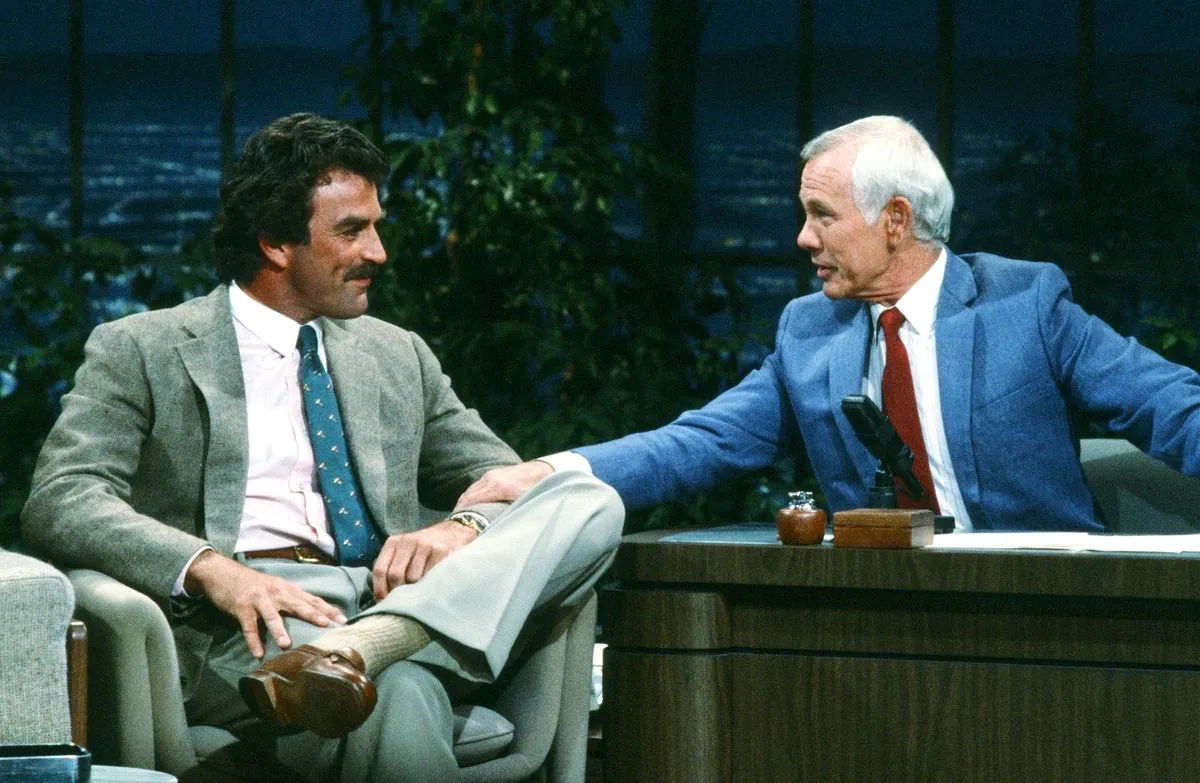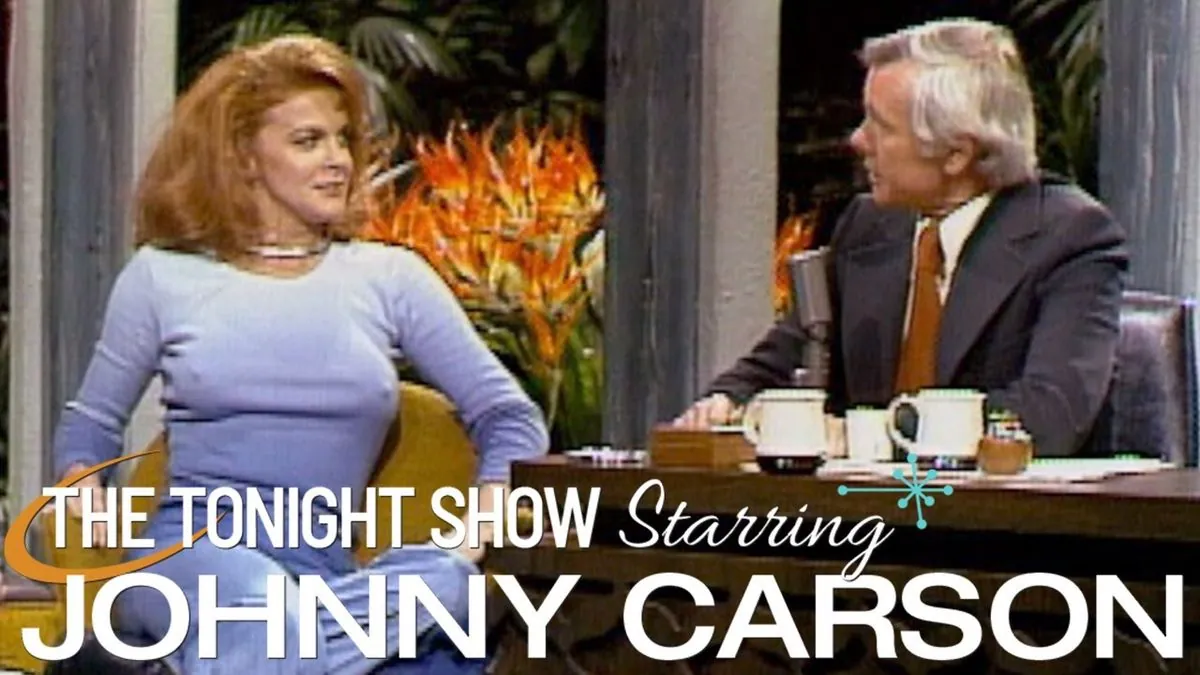Trump's Nostalgia Clash: Carson's Enduring Appeal vs. Modern Late-Night
Trump's Pennsylvania speech highlights late-night TV's evolution, praising Johnny Carson while criticizing current hosts. Analysis reveals Carson's lasting popularity and the changing landscape of late-night television.

In a recent Pennsylvania address, Donald Trump showcased his familiar speech pattern, blending criticism of Democrats with television ratings discussions and 1980s nostalgia. This time, however, his reminiscence struck a chord with many Americans by invoking the name of a truly beloved figure: Johnny Carson.
Trump's critique of current late-night hosts began with a clip of Vice President Kamala Harris on "The Tonight Show" with Jimmy Fallon. He then transitioned to praising Greg Gutfeld's ratings, though this claim was inaccurate due to time slot differences.
The former president's nostalgia led him to exclaim, "Where's Johnny Carson? Bring back Johnny!" This reference, while seemingly dated, resonates with a significant portion of the American population. Carson, who hosted "The Tonight Show" from 1962 to 1992, left an indelible mark on late-night television and American culture.

Carson's impact extends far beyond his 30-year tenure. Even 32 years after his retirement and 19 years since his passing, his legacy endures. A 2014 YouGov survey revealed that Carson remained the favorite late-night host for a third of Americans, with over half of those aged 45 and up preferring him. More recent data suggests his popularity still surpasses that of current hosts like Stephen Colbert, Jimmy Fallon, and Jimmy Kimmel.
This enduring appeal is particularly notable given the changing landscape of late-night television. In 1992, Carson's final year, "The Tonight Show" consistently attracted over 19 million viewers. In contrast, a recent 10th-anniversary special for Fallon's tenure drew only about 3 million viewers.
Carson's influence on American entertainment was profound. He interviewed over 22,000 guests during his career, launched numerous comedians' careers, and even co-wrote the show's iconic theme song, "Johnny's Theme." His ability to recover from flat jokes often made them funnier, earning him the nickname "The King of Late Night."
Throughout his career, Carson received numerous accolades, including six Emmy Awards, induction into the Television Academy Hall of Fame in 1987, and the Presidential Medal of Freedom in 1992. His final episode, aired on May 22, 1992, was watched by an astounding 55 million viewers.
While Trump's reference to Carson may have seemed out of touch to some, it actually tapped into a widespread sentiment of appreciation for a figure who shaped American television for decades. However, the irony lies in Trump's simultaneous praise of Greg Gutfeld, a much less popular figure in comparison to Carson or even current late-night hosts.
"It made you appreciate the greatness of Johnny Carson and these guys. These three guys, they're so bad, all three of them."
This contradiction highlights the complex nature of nostalgia and its role in public discourse, especially when wielded by political figures. As late-night television continues to evolve, Carson's legacy serves as a reminder of the medium's potential for widespread cultural impact and unifying entertainment.


































